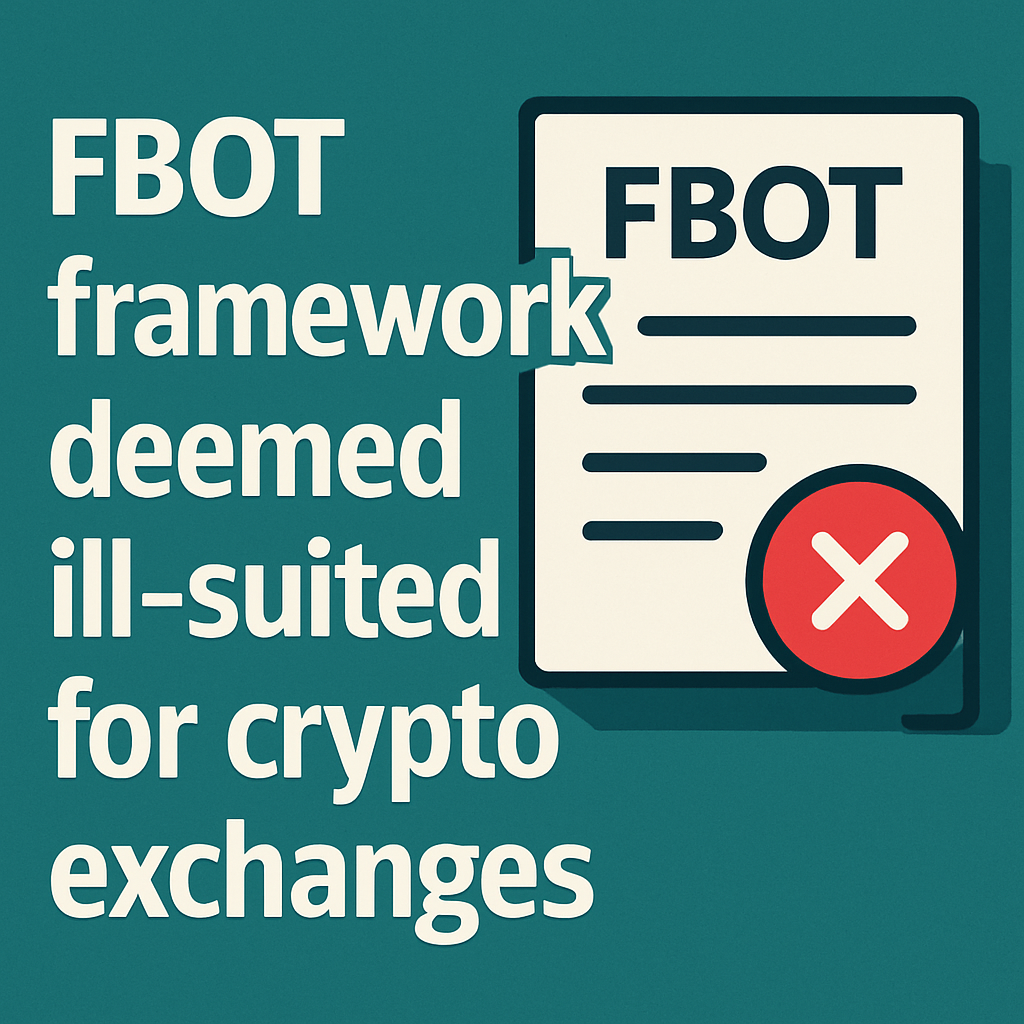The Commodity Futures Trading Commission (CFTC) recently issued advisory guidance on the Foreign Board of Trade (FBOT) framework, outlining the specific requirements for foreign entities to register and serve U.S. customers. The advisory emphasized that only exchanges structured as Licensed Futures Commission Merchants (FCMs) and broker-dealers for futures contracts qualify for FBOT registration, effectively excluding most crypto trading platforms operating outside traditional financial jurisdictions.
Eli Cohen, general counsel at tokenization specialist Centrifuge, highlighted critical mismatches between FBOT requirements and crypto exchange operations. He noted that settlement and clearing obligations, designed for high-volume securities and commodities markets, impose significant infrastructure and compliance burdens that many crypto firms are ill-equipped to meet. “These rules demand layered settlement processes and third-party guarantors, which do not align with on-chain, peer-to-peer transaction models,” Cohen explained.
Under the FBOT framework, registrants must maintain fixed clearing arrangements, continuous reporting, and strict segregation of client funds. Such stipulations mirror legacy market practices, where central clearinghouses manage counterparty risks. In contrast, decentralized crypto exchanges typically rely on smart contract protocols and distributed ledger verification, lacking centralized clearing counterparts. Attempts to retrofit these platforms with traditional clearing solutions could disrupt core decentralization principles and hinder operational efficiency.
Further complicating matters, FBOT guidance requires registrants to adhere to domestic capital requirements and extensive know-your-customer (KYC) and anti-money-laundering (AML) standards. While KYC/AML compliance has improved across the crypto industry, the capital thresholds and reporting cadence stipulated by the CFTC far exceed current norms. Offshore exchanges in markets like Seychelles or the Cayman Islands often operate with lower capital buffers, and adapting to FBOT-level scrutiny would necessitate substantial reorganizations.
Industry participants argue that a tailored regulatory framework is essential for bridging crypto and traditional finance. Many advocate for a dedicated crypto market structure bill in Congress to codify clear rules and establish durable oversight mechanisms. Such legislation could introduce safe harbors for emerging technologies and recognize the unique risk profiles of digital asset trading. Until then, the FBOT framework’s rigid design will likely deter most offshore crypto exchanges from pursuing U.S. registration, preserving regulatory uncertainty in cross-border digital asset services.

Comments (0)